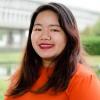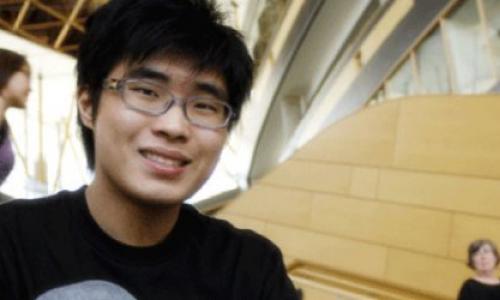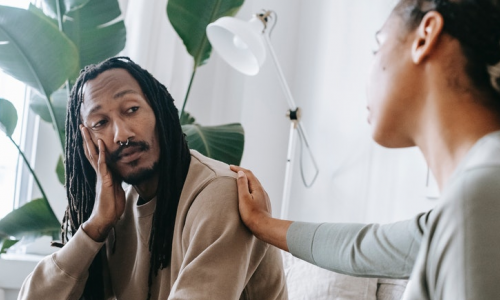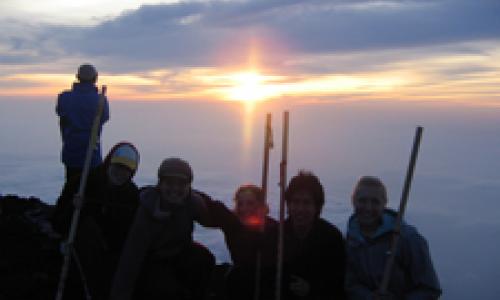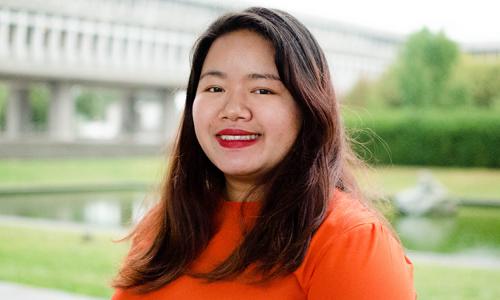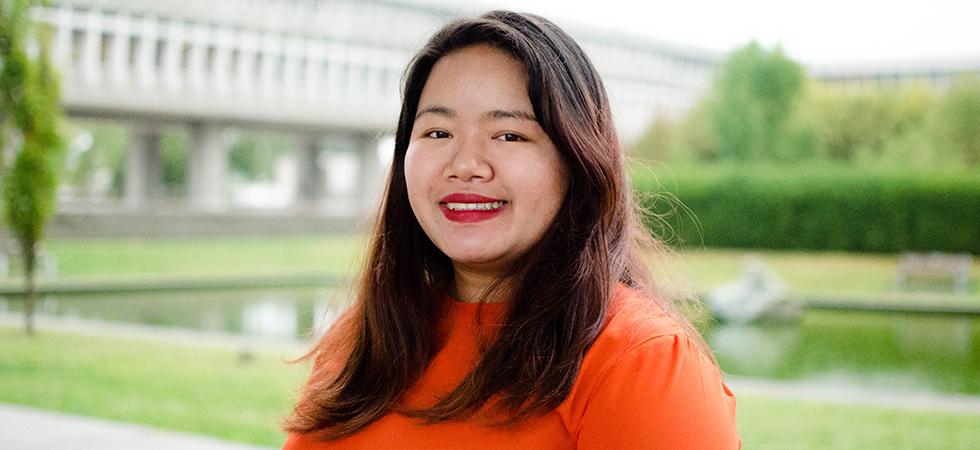
If you were to see me on campus, you wouldn’t know that I had a disability. I do not use a wheelchair, nor do I have a seeing eye dog. I have an invisible disability.
When my doctors told me to register with the Centre for Students with Disabilities at SFU, I was very hesitant. My “disability” was related to my mental health and I didn’t think at the time that this was a legitimate reason to be registered. I struggled with identifying as a person with a disability because of this.
Many people in my life argue that I should not label myself, out of fear that I will internalize the stigma attached to this label. Or they say that the label will make me identify with my mental health condition to an extreme degree, and thus I won't “do anything” to try to improve my condition. Or, they tell me that I don’t deserve the same services as those with visible disabilities, as if I am taking advantage.
Invisible disabilities are a touchy topic, and I know I’m not the only one who wonders if this was the right label to identify with, but I eventually decided to follow “doctors’ orders,” and access the University’s services. I also decided the right thing to do would be to label myself as a person with a disability.
Since registering with the Centre, I’ve been given some tools to help me in my academics. For example, I’ve learned to use an electronic pen that records live lectures. The pen is special because you can click on a certain spot in your notes (there is special paper that comes along with the pen) and the pen will playback that specific section of the lecture. This was really helpful when I would get distracted in class because of my condition.
Another accommodation they gave me was being able (no pun intended) to write exams in private rooms with less distraction. This made a really big difference. My grades have improved from this exam accommodation. I think one reason why the private room has been so helpful is because of context dependent memory. This is a psychological phenomenon in which retrieval is easier when you’re in the same context as when you encoded material. Since I study alone in my room, taking an exam in a big lecture hall with a hundred students is not the ideal context to retrieve what I memorized during my study sessions. Without these tools, my learning would have been impaired by my condition. If that is not a disability, then I don’t know what is.
Overall, I do not see calling myself a person with a disability as a negative thing. I am no less of a person because of my disability. In fact, choosing this label means that I am part of a community. There is a sense of belonging that it gives me that makes me feel like I am not alone. For example, I remember seeing somebody else with an electronic pen provided by the Centre for Students with Disabilities and feeling an unspoken camaraderie with this person.
There is a popular saying that goes, “labels are for soup cans, not for people” but labels help create identities. Although being a person with a disability is not the entirety of my identity, it is a tenet of who I am as a person, and that is okay. No matter what other people in my life say about labelling myself as a person with a disability, it is ultimately my choice.
I am a person with a disability and I am not ashamed of it
Beyond the Blog
-
SFU’s Center for Students with Disabilities offers a wide range of services for students of all abilities.
-
Read President Petter's Blog on World Mental Health Day and the efforts undertaken at SFU to raise awareness and reduce stigma for mental health issues.








